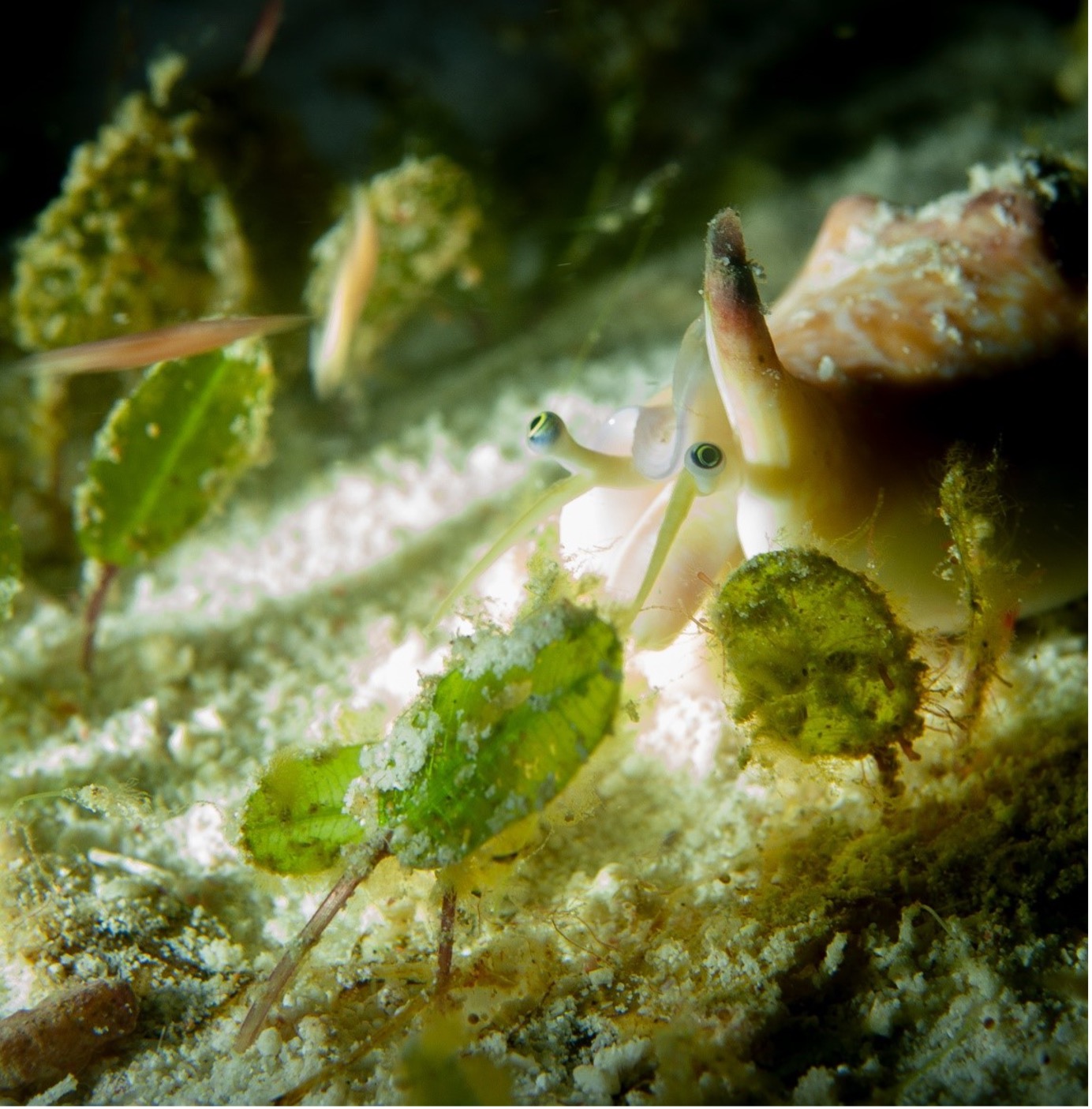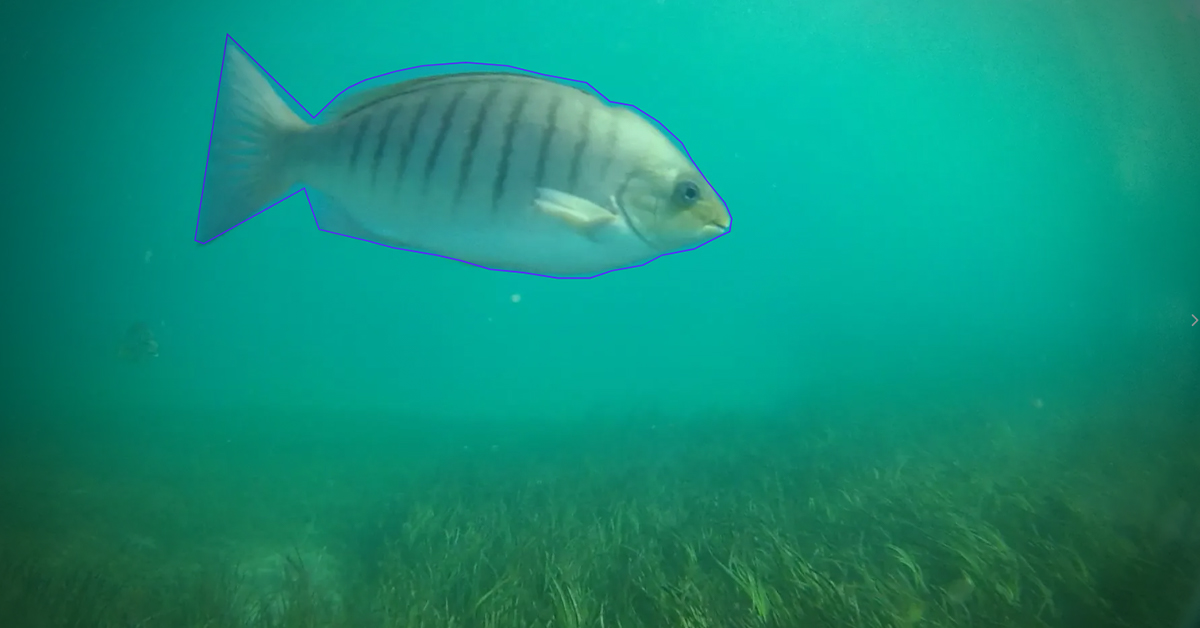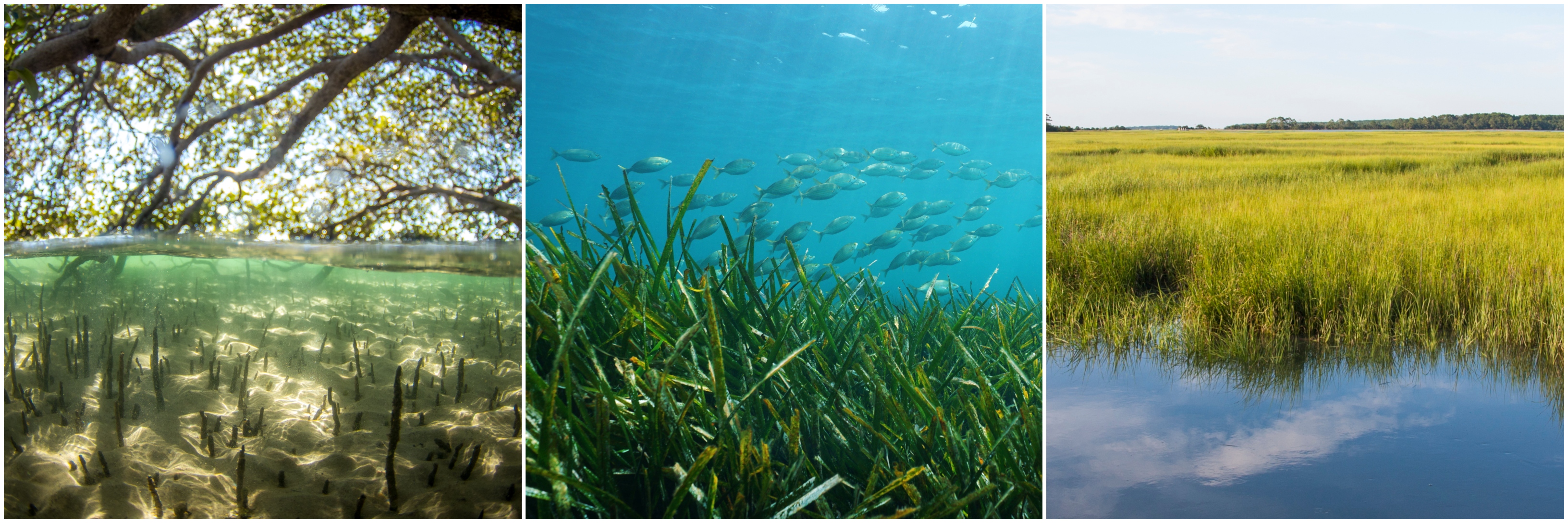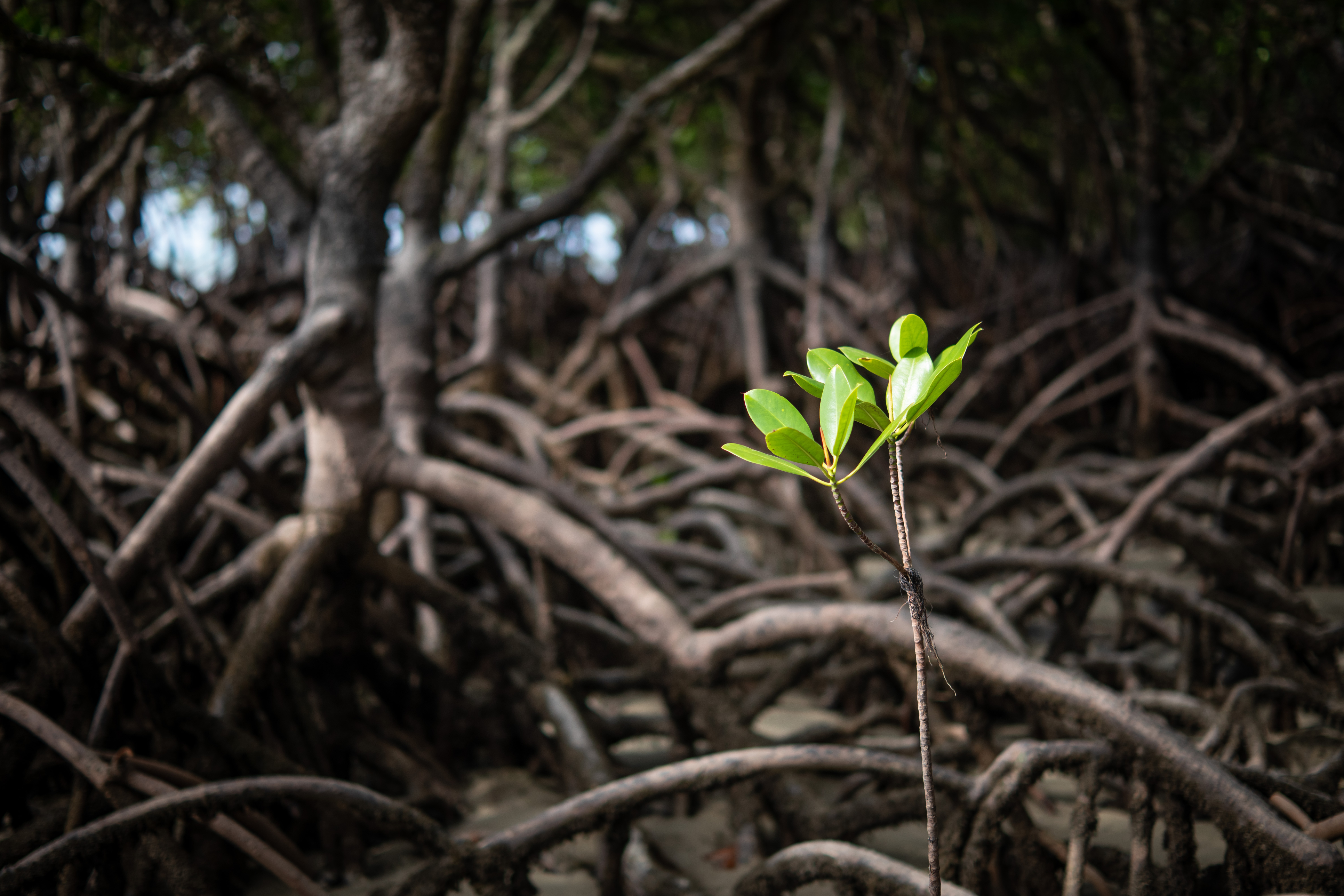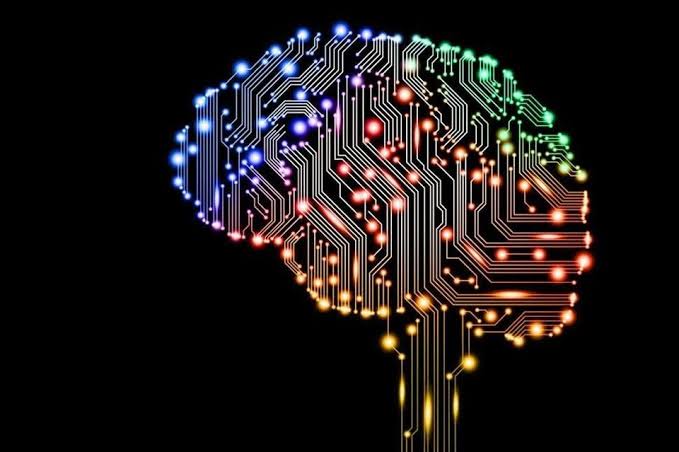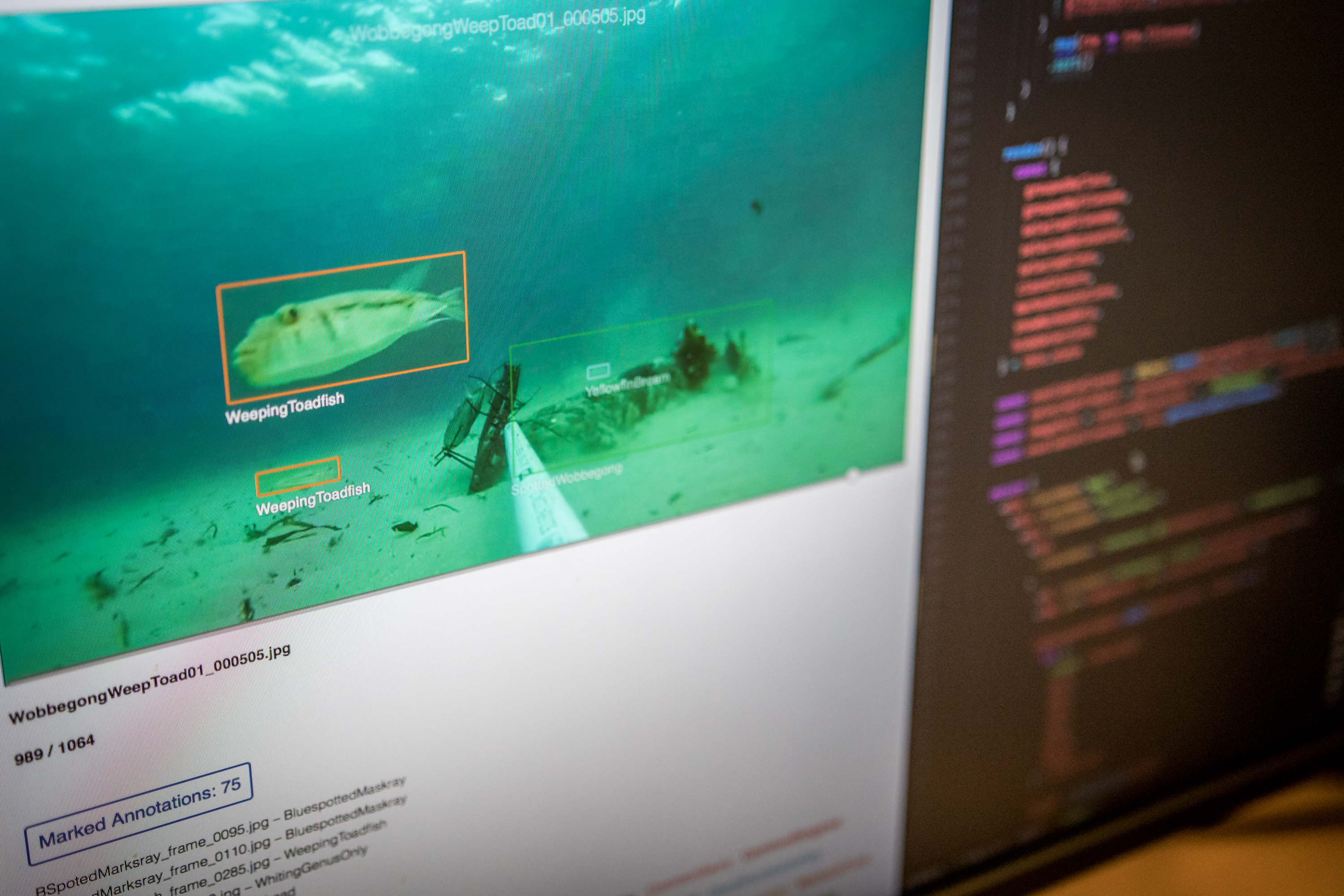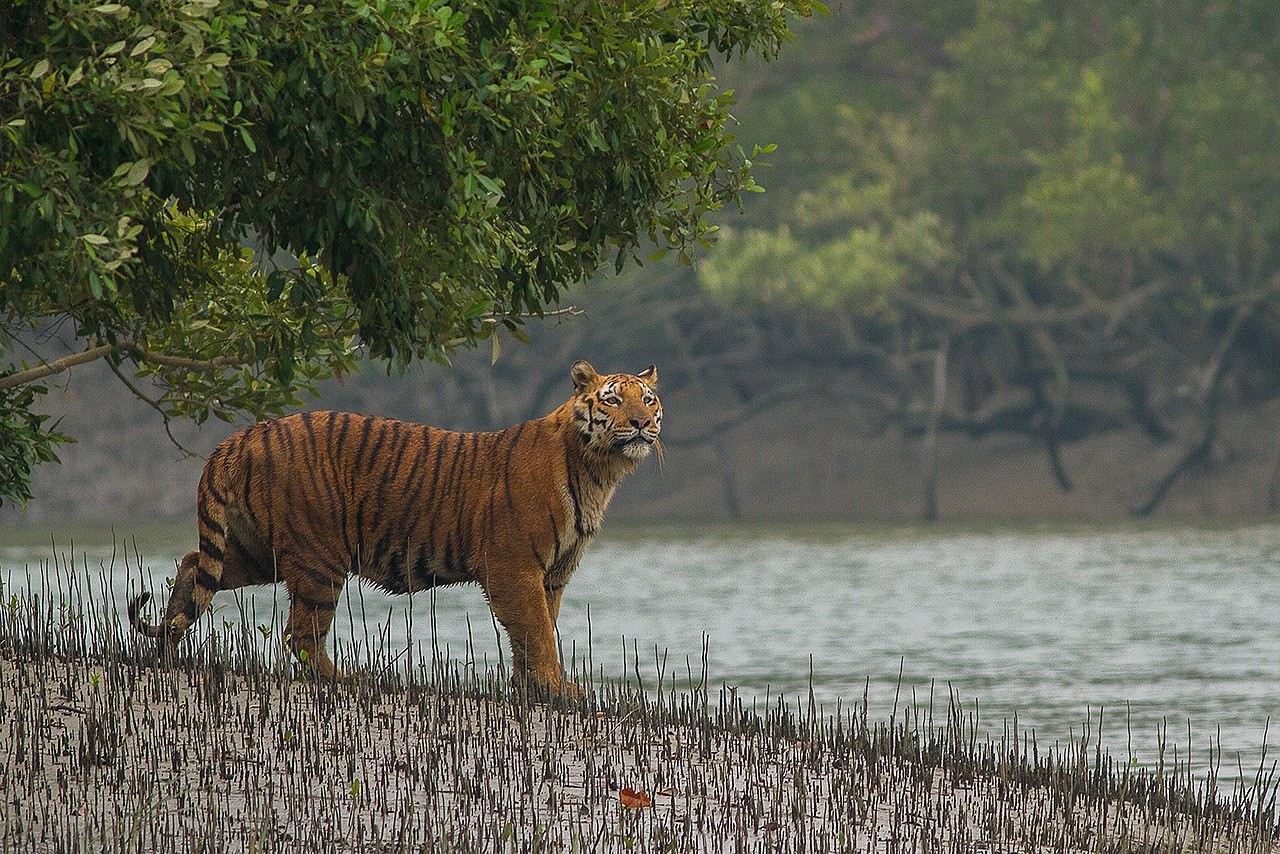Is the seagrass getting enough light? Computer says no!
- Posted by Natasha Watson
- On April 20, 2021
By Dr Ryan Pearson Highlights Seagrass is vital for fisheries, climate mitigation, and more. Human activities affect the light that seagrass needs to survive. Artificial intelligence can estimate light and inform ecological management. Our machine learning-derived submerged vegetation light model (SVLM) is >99% accurate. The SVLM can be used to adaptively manage submerged habitats. Seagrasses […]
Read More


